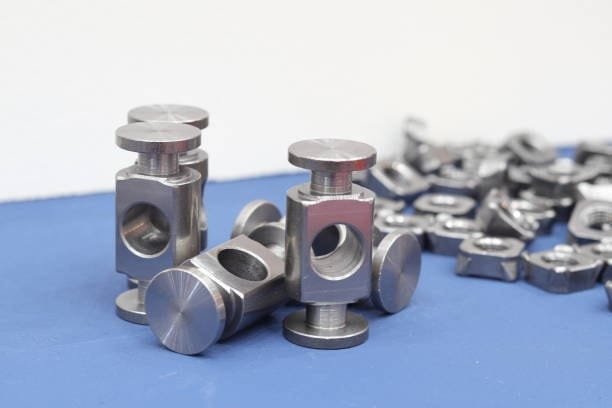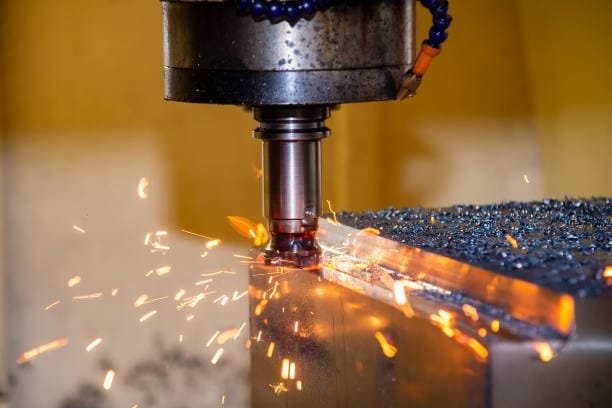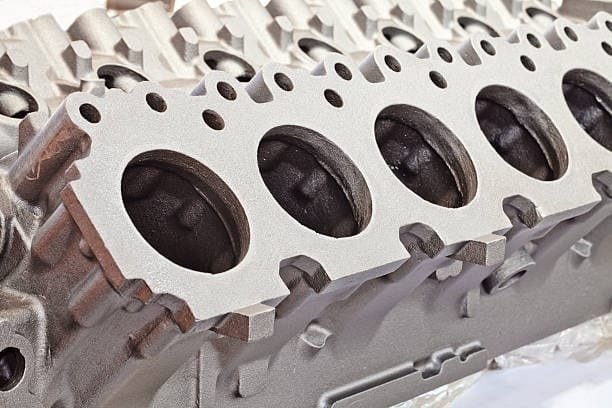Tolerances in Machining: Precision, Importance, and Best Practices
Machining tolerances specify the allowed maximum deviation in part dimensions, so guaranteeing cost control, interchangeability, and functionality. Among the several types of tolerances are GD&T, fit tolerances, limit tolerances, unilateral, bilateral, Tolerances are affected by elements including environmental conditions, machining techniques, and material qualities. Using appropriate materials, maximizing machining techniques, keeping quality control, and applying statistical process control are best ways to reach exact tolerances. Effective manufacturing depends on striking a balance between cost-precision trade-offs and thermal expansion, machine wear, despite which presents difficulties. By means of high-quality, exact components produced by manufacturers optimizing resources and minimizing waste, mastery of machining tolerances guarantees dependability and efficiency in contemporary manufacturing environments.











